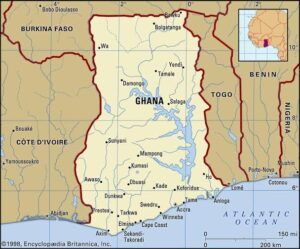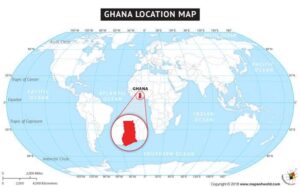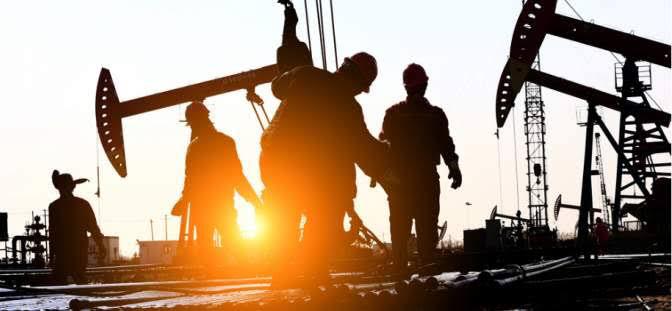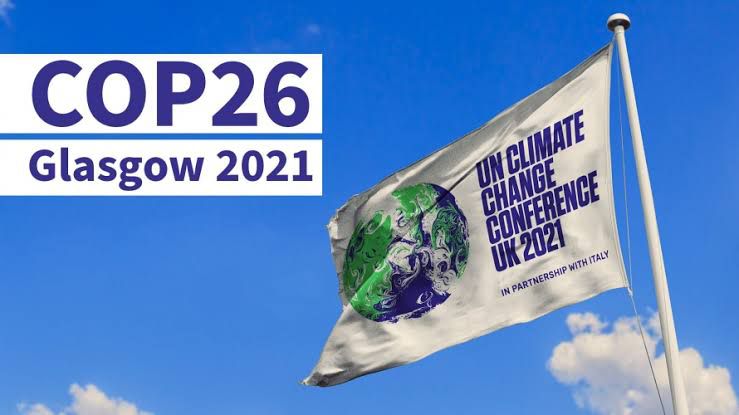In its annual report for 2019, the country’s equivalent of an Extractive Industry Transparency Initiative (EITI), the Public Interest Accountability Committee (PIAC) indicated that more than half of natural gas produced in the country in 2019 had to be reinjected due to lack of availability of off-takers.
It is reported that 56.97% of the total gas produced from Jubilee field, Tullow Oil’s offshore Tweneboa, Enyenra and Ntomme (TEN) and the SGN field was reinjected during the period.
The Public Interest Accountability Committee (PIAC) noted in its 2019 annual report that “In spite of the fact that Ghana National Gas Company(GNGC), managed to bring on stream new off-takers during the reporting period, namely Amandi Energy at Aboadze, Karpowership at Sekondi, Genser, at Tarkwa, and shipment of gas from Takoradi to Tema, through the West Africa Gas Pipeline, a substantial amount of the country’s gas remains stranded.”
The report indicated the country’s National Petroleum Corporation (GNPC) supplied raw gas worth $334,636,806.22 ($334.6Million) to the Ghana National Gas Company (GNGC) for the period under review. It said no payment was made by the Gas Company, a situation it relates to the inability of the state’s main generator and supplier of electricity which is the Volta River Authority, to pay GNGC for the lean gas supplied.
The report stated that the “2018 price of lean gas was slashed by 31.23% in 2019. The reduction means cheaper fuel for thermal power generation.”
Adding to the outstanding balance of $333,481,539.82 ($333Million), the total indebtedness of GNGC to GNPC in respect of lean gas supplies to $668,118,346.04 ($668Million).
According to reports, at this rate of continual accumulation of debts, the GNGC may become the African continent’s most indebted state hydrocarbon company.
The Ghana National Gas Company (GNGC) is the state agency with the mandate to operate the necessary infrastructure needed for the gathering, processing, transporting and marketing of natural gas resources in Ghana.





